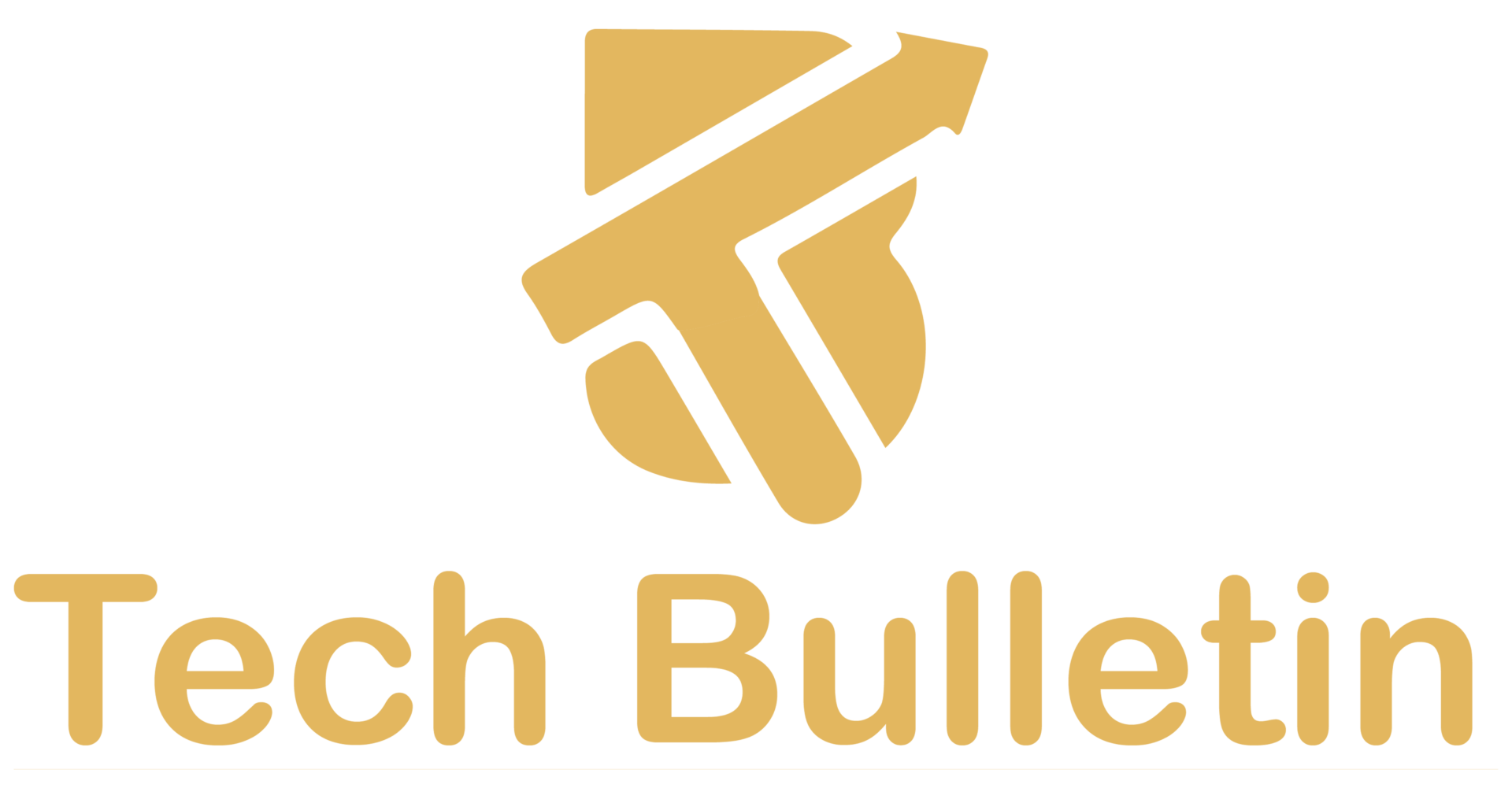AI Product Manager: The Human Behind Smart Machines

Have you ever wondered who’s behind all the amazing artificial intelligence tools we use every day?
Think of Spotify recommending the perfect song, Google Maps predicting traffic, or your phone unlocking with your face. Behind all that “smartness” is not just code; it’s also the work of people who guide AI projects from idea to reality.
One of those key people is the AI Product Manager. This role has become one of the fastest-growing and most talked-about jobs in the tech world. But what exactly does an AI Product Manager do? How is it different from a regular product manager? And how can someone get into this career, even without being an engineer?
What Exactly Is an AI Product Manager?
An AI Product Manager (often called an AI PM) makes sure that artificial intelligence products actually solve real problems for people. They’re the bridge between three big worlds: business, data, and technology.
For example, imagine a company wants to build an app that can predict when crops need watering. The engineers know how to build the machine learning models, but they might not fully understand what farmers actually need. The business team knows the market but might not understand AI. The AI Product Manager connects everyone, helping the team make decisions that make sense both technically and commercially.
So, while a regular product manager focuses on features and user needs, the AI PM goes a step further, they also understand how AI systems make predictions, what data is required, and what could go wrong if the data is biased or inaccurate.
They don’t need to code, but they do need to speak the language of both humans and machines.
Why Are AI Product Managers in Such High Demand?
Artificial intelligence is changing everything. Businesses in every industry; healthcare, finance, retail, and even education, are using AI to save time, improve decisions, and create new experiences.
But building good AI products is hard. Many fail because they’re too complex, don’t use the right data, or don’t actually solve user problems.
That’s where the AI Product Manager becomes essential. They help companies move from “we want to use AI” to “here’s how AI can truly help our customers.” They turn abstract technology into something practical and valuable. Companies hire AI PMs because they:
- Translate technical concepts into business goals.
- Make sure AI products are ethical and transparent.
- Help teams of data scientists, engineers, and designers work smoothly together.
- Keep projects realistic and focused on real outcomes.
AI is everywhere now, but smart AI product management is what separates useful technology from flashy experiments.
What Does an AI Product Manager Actually Do All Day?
If you followed an AI Product Manager for a day, their work would probably include a mix of research, teamwork, and problem-solving.
They might start by meeting with data scientists to check how an AI model is performing. Then they might join a call with executives to explain what the technology can or can’t do. Later, they might work with designers to make sure users understand the AI’s decisions. Some of their main responsibilities include:
- Understanding the company’s goals and figuring out where AI can help.
- Ensuring the team has the right data to train AI systems.
- Working closely with engineers and researchers to design and test AI features.
- Measuring how well the AI works; not just technically, but also ethically.
- Explaining complex results to non-technical people.
What Skills Do You Need to Become an AI Product Manager?

You don’t have to be a machine learning expert, but you should understand how AI systems learn from data and make predictions. You also need strong communication, critical thinking, and leadership skills. Here’s a breakdown of what really matters:
AI and Data Literacy
Having a solid understanding of AI and data is essential. As an AI Product Manager, you’ll need to know how AI models are trained, what kinds of data they rely on, and what can cause them to fail. You don’t need to build models yourself, but you should understand the difference between supervised and unsupervised learning, how to evaluate accuracy, and why clean, unbiased data matters. The more fluent you are in AI basics, the easier it becomes to make smart product decisions and communicate with data scientists.
Product Thinking
At its core, product management is about solving real problems for real people, and that’s no different in AI. Strong product thinking helps you see beyond the technology to what users actually need. You’ll be the one defining the vision, setting the roadmap, and deciding which features deserve priority. AI can tempt teams to chase “cool” innovations, but your job is to ensure every AI feature delivers value and aligns with the company’s goals. Great product thinking keeps AI useful, not just impressive.
Ethical Awareness
Ethics are becoming one of the most important parts of AI product management. Artificial intelligence can unintentionally reflect human biases or violate privacy if not managed carefully. As an AI Product Manager, you’ll need to think deeply about fairness, transparency, and responsible data use. That means asking tough questions like: “Is this AI making decisions fairly?” or “Could this model reinforce discrimination?” Building trust is just as important as building technology, and ethical awareness is what ensures your AI product does both.
Communication Skills
If you can explain complex things simply, you already have one of the most valuable skills for this role. AI Product Managers constantly translate technical details into plain language for different audiences. You might explain a model’s performance to executives, discuss ethical risks with legal teams, or help customers understand why an AI system works the way it does. Clear, empathetic communication keeps everyone aligned and builds confidence in your AI product. In fact, your ability to “speak both tech and business” often sets you apart from the crowd.
Analytical Mindset
Artificial intelligence runs on data, and so should your decisions. Having an analytical mindset means using metrics and evidence to guide your choices instead of relying on intuition alone. You’ll evaluate how well your AI performs, track user outcomes, and measure whether your model actually improves the product experience. This approach not only helps refine your AI product but also earns credibility with engineers and executives who expect data-driven results.
Collaboration
AI product management is a team sport. You’ll work closely with engineers, designers, data scientists, and stakeholders from across the business. Each person brings different expertise, and your role is to make sure everyone moves in the same direction. Great AI Product Managers create clarity, build trust, and encourage open communication between teams. Collaboration ensures your product is technically sound, user-friendly, and strategically aligned; all at the same time.
Technical Curiosity
You don’t have to code daily, but having some technical curiosity goes a long way. Learning a bit of Python or SQL helps you understand how data flows through an AI system and how models are tested. This knowledge makes conversations with engineers easier and helps you spot opportunities others might miss. Even a basic technical foundation makes you a more confident and effective AI Product Manager.
How to Become an AI Product Manager
Many AI Product Managers didn’t start in AI. Some came from business backgrounds, some from engineering, and others from data analytics or marketing. Here’s one path you could take:
Step 1: Learn Product Management Fundamentals
Understand how traditional product management works; how to identify customer needs, create strategies, and manage product life cycles.
Step 2: Learn the Basics of AI and Data Science
Take beginner-friendly online courses about AI, data analysis, and machine learning for business. You don’t need to be an expert, but you should understand how these systems make decisions.
Step 3: Build a Portfolio
Work on small projects or case studies. For example, propose how an AI feature could improve an app you already use.
Step 4: Get Experience in Tech or Product Roles
Even if it’s not in AI, any product-related experience will help you develop the soft skills you need.
Step 5: Stay Curious
AI evolves quickly. Read blogs, join online communities, and keep up with leaders like Andrew Ng or Google AI’s research team.
AI Product Manager vs. Traditional Product Manager
It’s helpful to see how this role differs from a standard product manager role. A traditional product manager focuses mostly on what features to build, how users behave, and how to grow revenue. An AI Product Manager does all that, but also works deeply with data, algorithms, and performance metrics like model accuracy or fairness.
For example, a regular PM might track how many people use a feature. An AI PM might also track whether the model is equally accurate across different user groups or if it introduces bias. It’s a more technical and ethical version of product management, requiring a broader perspective.
Challenges AI Product Managers Face
Like any job, this one has challenges; sometimes even more than others. The first is data. AI systems need good, diverse data to learn well. If the data is biased or incomplete, the results can be unfair or inaccurate.
The second challenge is managing expectations. Many people think AI can do everything automatically. AI PMs often have to explain what’s truly possible and what’s still just science fiction.
The third is ethics. AI can make powerful predictions, but if used carelessly, it can harm privacy or spread bias. AI PMs play a key role in preventing that.
And finally, AI technology moves incredibly fast. Staying current requires constant learning and adaptability.
Despite all this, many AI Product Managers find the role deeply fulfilling because they get to work on technology that directly impacts the future.
What Kind of Salary Can You Expect?
AI Product Managers are well-paid, partly because they combine two valuable skill sets; AI knowledge and product management expertise.
In the United States, entry-level AI PMs usually earn between $90,000 and $120,000 per year. Mid-level roles can reach $150,000 or more, and senior professionals in big tech companies can earn over $200,000 annually.
Of course, salaries vary by location, experience, and company size. But as AI becomes central to business strategy, this role will only become more valuable.
The Future of AI Product Management

The future of this career looks promising and meaningful. As AI becomes more common, companies will expect product managers to understand not just what AI can do, but also how to use it responsibly.
We’ll likely see AI PMs working more closely with ethicists, data privacy experts, and regulators. They’ll help ensure AI remains fair, transparent, and beneficial to everyone.
Another big trend is the use of “AI for AI PMs.” Tools like ChatGPT are already helping PMs write better product specs, analyze user data, and automate routine work.
In the coming years, AI Product Managers will be at the center of how humans and machines collaborate; making technology not just smarter, but more human-centered.
How You Can Start Today
If this career path excites you, there’s no need to wait. You can start right where you are.
Read articles about AI in your industry. Take a short online course about AI or data analysis. Join a LinkedIn group or Slack community for AI Product Managers.
You could even think of ways AI could improve an app or service you use daily. Maybe a smarter grocery list, or a tutoring app that adapts to a student’s mood. Thinking like this builds your product mindset.
Step by step, you’ll develop the blend of curiosity, communication, and strategy that defines a great AI Product Manager.






